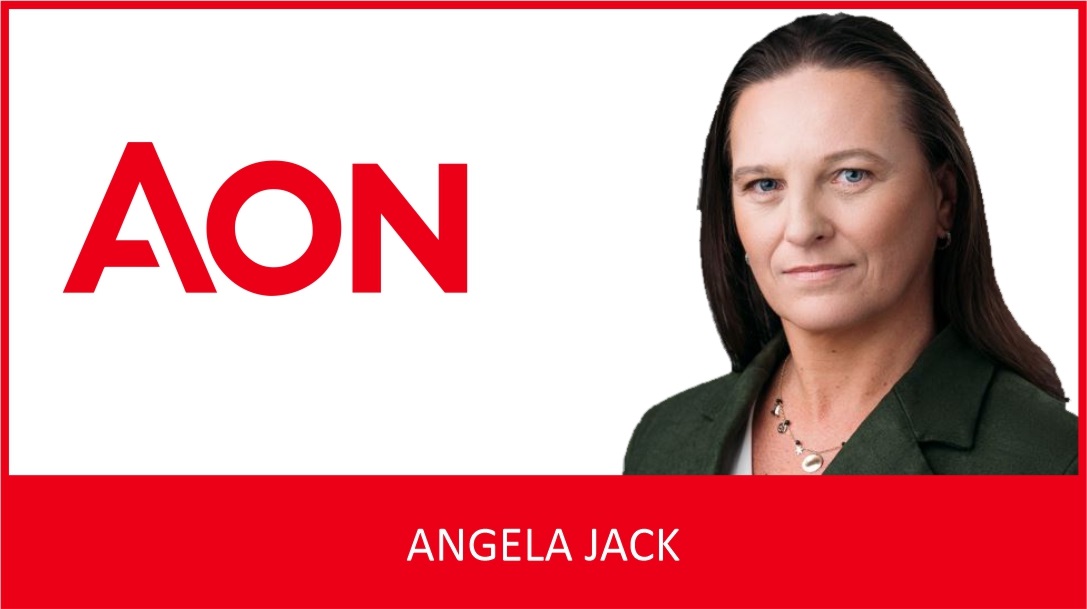Ryno de Kock, Head of Distribution at PSG Insure
As economic pressures continue to mount, preventing losses in your business by having the correct liability insurance in place is essential. All jobs have their quirks, but some professions provide advice and services to clients that can be costly if incorrect. Professional indemnity cover is particularly relevant to professions such as architects, accountants, engineers, insurance advisers and medical practitioners, to name a few.
According to Ryno de Kock, Head of Distribution at PSG Insure, “No professional or specialist business should be without professional indemnity cover, and depending on the industry you’re in, there will be other elements to consider when determining the right cover.”
Safeguarding against negligence
It is expected that professionals or those giving advice will act with skill and care when providing services to clients. Should there be negligence in carrying out these services, they could be held legally liable for the consequences. Liability arises when there is a breach in contract and financial losses are incurred.
“Should you be accused of negligence, as a business owner you need to be prepared. You can’t ignore such accusations and will need to defend yourself, which is where this policy comes into its own. Not having this cover in place can have serious consequences if a claim is made against you, especially in today’s environment of heightened consumer awareness,” says de Kock.
A professional indemnity policy provides cover for defense costs as well as for any damages payable because of a court order. It can also cover the reimbursement of the litigant’s expenses, if applicable.
Industry specific considerations
While there are basic terms and conditions regarding losses included in general professional indemnity cover, other important factors are limitation of liability, as well as determining the premium and excess.
Double-check the extent of your cover
It is important to understand what you are covered for and what you may still be liable for. Injury of an employee or any other person, for example, is not covered in a professional indemnity policy, and so injury cover requires its own employer’s and public liability cover respectively. “Business owners have to apply within the constraints of Compensation for Occupational Injuries and Disease Act (COIDA, also formerly known as Workmen’s Compensation) to provide cover for death, injury and disability of employees,” he says.
Some industries may not require professional indemnity cover but instead have industry specific policy offerings. An example could be for a building company – contractors’ all risk cover is an example of what would be needed. This provides cover on an all risk basis for all types of building and civil engineering construction, whereby the third-party section of the policy protects against third party claims for any bodily injury or property damage caused by construction activities.
Depending on the business you are in, there may be a policy specifically aimed at your industry. Whatever the case, it could prove costly to be unprepared for any claims relating to negligence that may be brought against your business.
“You should consult your insurer or adviser if you require cover or aren’t sure if you have the right level of professional indemnity cover in place. This will ensure your exposures are adequately addressed and that your cover suits the needs of your business,” de Kock concludes.
ENDS

























































































